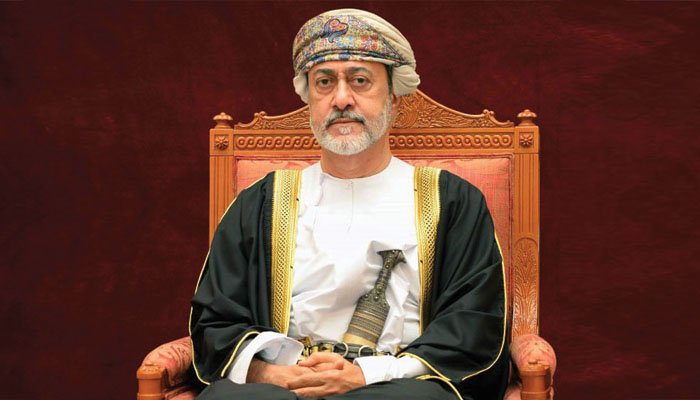
Muscat: It is for the first time the Basic Law of the State has detailed the mechanism for the succession of power in the country.
The eldest son of the Sultan will be known as the Heir Apparent for the first time in the modern political history of Oman and will be appointed by the Sultan as set forth in the Basic Law of the State.
According to the procedures, the power shall be transferred from the Sultan to his eldest son and then to the eldest son of the Heir Apparent assuming the succession. In case of the death of the eldest son of the Sultan before assuming power, the rule shall transfer power to the eldest son of the Heir Apparent even if he has brothers.
If the Heir Apparent has no sons, then the power should be transferred to the eldest of his brothers and in case the Heir Apparent has no brothers, then the rule shall transfer power to the son of the eldest of his brothers and in case the eldest of his brothers has no son, then the rule will transfer the power to the son of the eldest of his other brothers as per the sequences of ages of the brothers.
In case the Heir Apparent has no brothers or sons of brothers, then the rule shall transfer power to his uncles (only from their father side) and their sons as per the order set forth in paragraph (2) of this Article. The Heir Apparent to assume power shall be a Muslim and a legitimate son of the Omani Muslim parents.
Article (3) of the Law states that if the transfer of power is made to a person aged under 21, then the power of the Sultan shall be undertaken by a trusteeship council appointed by a Royal Will and in case of non-appointment of such a council before his death, the Royal Family Council will appoint a trusteeship council comprising one of the brothers of the Sultan and two sons of his uncles.
The system of the trusteeship council shall be issued by a Royal Decree. Article (7) states that a Royal Order shall be issued on the appointment of the Heir Apparent to assume power and the prerogatives and duties to be assigned to him.
The Heir Apparent shall be sworn in before the Sultan before exercising his prerogatives and duties.
Article (8) says that in case it is not temporarily possible for the Sultan to exercise his powers, then the Heir Apparent shall assume such powers.
Article (9) the Royal Family shall have a council to be named “The Royal Family Council” , and a Royal Order shall specify its formation, system, powers and priority of its members.